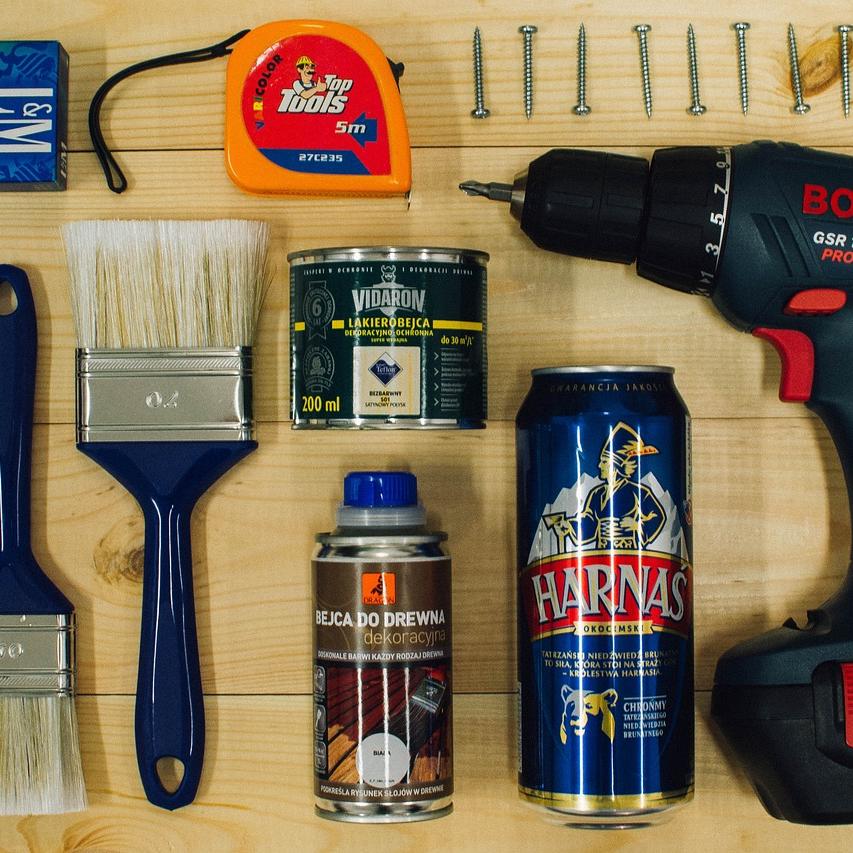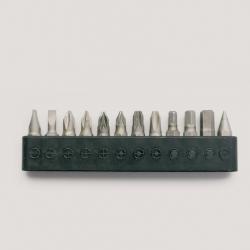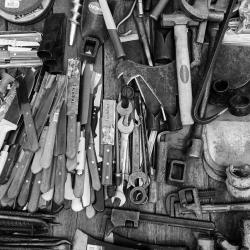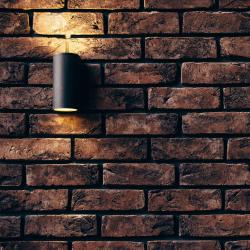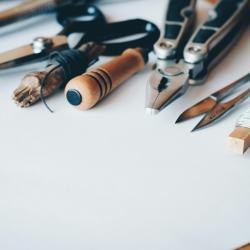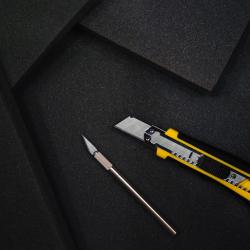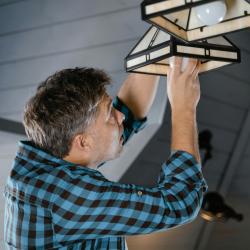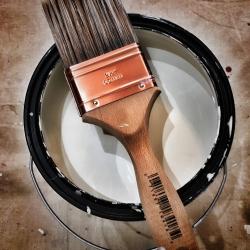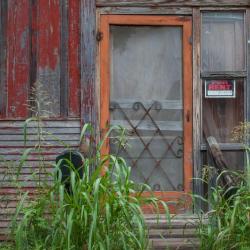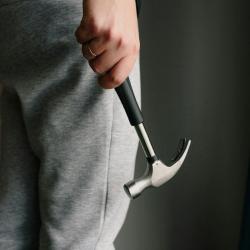DIY Home Repairs for Beginners
Mastering the basics of DIY (Do It Yourself) home repairs is not only economical but also empowering. Whether it’s fixing a leaky faucet, patching a hole in the wall, or changing a light fixture, these tasks can be tackled with a bit of know-how, patience, and the right tools. This guide aims to help beginners embrace the DIY spirit to maintain and enhance their homes.
Assessing Your Skills and Setting Realistic Goals
Before diving into any home repair project, it's crucial for beginners to assess their current skill level. Start with simpler projects and gradually take on more complex tasks as your skills improve. It's important to be cautious not to overestimate your abilities, as more complicated repairs, particularly those involving electricity or structural changes, are best left to professionals.
Essential Tools for the Job
A well-stocked toolbox makes any repair job easier. Here are some must-have tools for any novice DIYer:
- Hammer: Essential for driving nails and small demolition jobs.
- Screwdrivers: Both flathead and Phillips can help with a variety of projects.
- Adjustable Wrench: Useful for plumbing and other applications.
- Tape Measure: Accurate measurements are crucial for effective repairs.
- Utility Knife: Perfect for cutting and scoring a variety of materials.
- Level: Ensures installations are straight and true.
- Cordless Drill: Speeds up projects that require screws.
- Pliers: Multi-purpose tools suited for various gripping needs.
Safety First
Safety cannot be overemphasized in any DIY project. Always wear appropriate safety gear like gloves, goggles, and masks, especially when dealing with potentially hazardous tasks or materials. Make it a rule to read and follow the instructions on any tools or materials used in your projects.
Common DIY Projects for Beginners
-
Fixing Leaky Faucets: A common annoyance placed high on the beginner-friendly list, fixing leaky faucets usually involves replacing worn-out washers or O-rings. Turn off the water supply before attempting any repair.
-
Patch Small Holes in Drywall: Easily done with a drywall patch kit, compound, and sanding block. Patching holes is a great way to keep your walls looking fresh without professional help.
-
Changing Light Fixtures: As long as you ensure the power is off, replacing outdated light fixtures can be straightforward. Always use a voltage tester to confirm no electricity is flowing.
-
Unclogging Drains: Hair, soap, and other residues can lead to clogs. Before calling a plumber, try using a plunger or a plumber’s snake to clear the blockage. Avoid chemical drain cleaners as they can damage pipes and are hazardous.
-
Hanging Shelves: This project combines drilling, leveling, and securing the shelves, teaching you valuable skills applicable to many other tasks.
Resources and Learning
Thanks to the internet, there are countless resources available to help you learn DIY skills. Websites like YouTube, DIY Network, and various home improvement blogs offer tutorials for just about any task. For more formal instruction, consider enrolling in a local community college course or workshop that focuses on home repair skills.
Knowing When to Call a Professional
One of the most crucial skills in DIY home repair is recognizing your limits. If a project involves complex electrical systems, significant plumbing alterations, or structural changes, it’s best to enlist the help of a professional. Attempting to handle these on your own could result in costly mistakes or even pose safety risks.
Conclusion
Embarking on DIY home repairs is a rewarding journey that not only saves money but also builds confidence and skills. By starting with these beginner-friendly projects, you'll gradually develop the expertise to handle more challenging tasks. So next time something breaks in your home, think twice before calling a professional—you might just have the know-how to fix it yourself. Happy DIYing!
